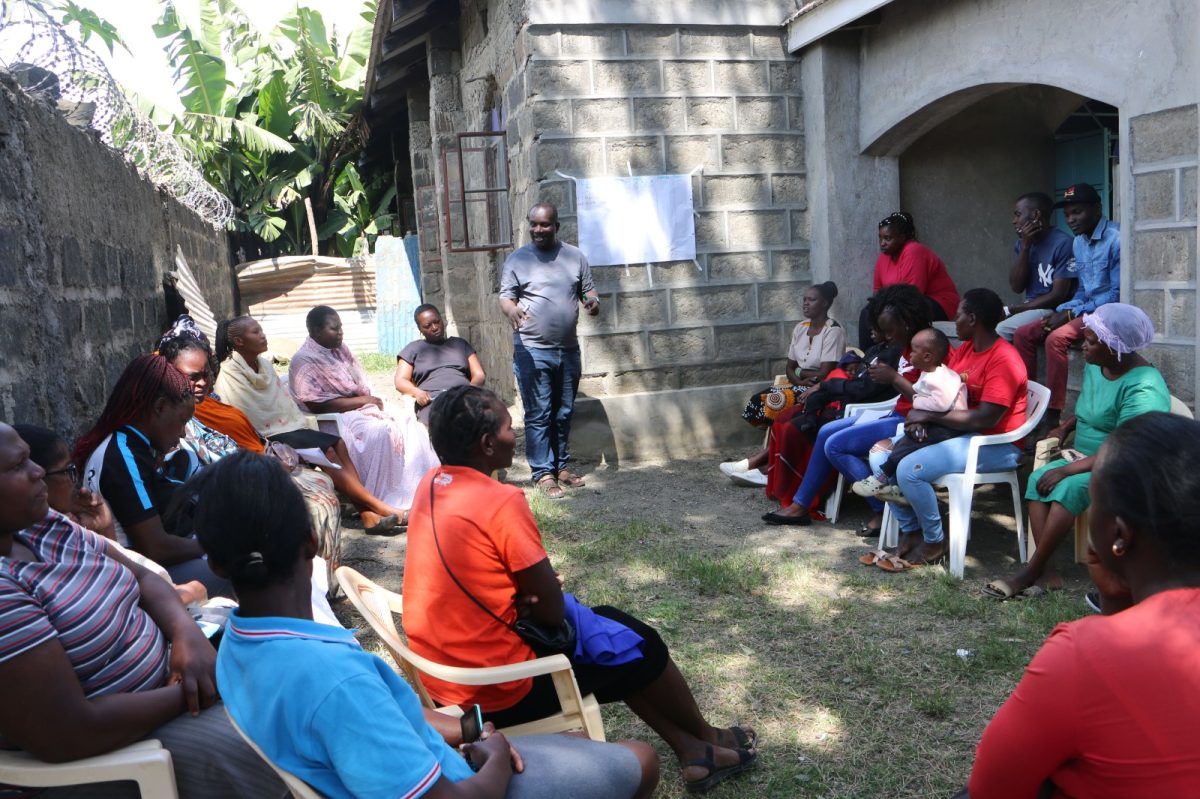Innovative Approaches to Creating Safe Communities

Innovative Approaches to Creating Safe Communities
Violence against women and girls (VAWG) remains one of the most pervasive human rights violations globally, and Kenya is no exception. From physical abuse to harmful cultural practices like Female Genital Mutilation (FGM) and child marriages, gender-based violence (GBV) continues to threaten the safety, health, and dignity of women across the country. Women’s Empowerment Link (WEL) is leading the charge to end violence against women by introducing innovative, community-based approaches that tackle this complex issue from its roots.
Understanding the Scope of Gender-Based Violence in Kenya
In Kenya, statistics on GBV paint a grim picture. According to a 2022 report by the Kenya National Bureau of Statistics, nearly 41% of women aged 15-49 have experienced physical or sexual violence. These violations are not limited to domestic settings—they occur in workplaces, schools, and public spaces, perpetuated by cultural norms, power imbalances, and systemic inequalities.
GBV has devastating consequences, including physical harm, psychological trauma, and economic loss. Survivors often face stigma, silence, and limited access to justice, compounding their vulnerability. WEL recognizes that ending violence requires a multi-faceted strategy that empowers women, engages communities, and holds perpetrators accountable.
WEL’s Community-Led Solutions to End Violence
To combat GBV effectively, WEL has adopted a holistic, grassroots approach that focuses on prevention, protection, and empowerment. By working closely with communities, governments, and civil society, WEL ensures that solutions are sustainable, impactful, and responsive to women’s lived experiences.
- Safe Spaces for Women and Girls
WEL has established “safe spaces” in various communities where survivors of violence can access support without fear of judgment or reprisal. These spaces offer counseling services, healthcare referrals, and legal aid to ensure survivors can heal and seek justice. By fostering trust, these centers empower women to speak out and rebuild their lives. - Community Education and Awareness Campaigns
Changing societal attitudes toward gender-based violence is critical for prevention. WEL conducts workshops, forums, and media campaigns to challenge harmful norms and educate communities about women’s rights. These initiatives involve religious leaders, men, and youth as allies, creating a collective commitment to end GBV.Through campaigns such as “Breaking the Silence,” WEL encourages survivors to share their stories, raising awareness and promoting accountability. Digital platforms and radio programs amplify these messages, reaching even the most remote areas. - Empowering Men as Partners in Prevention
Recognizing that men play a crucial role in ending GBV, WEL runs programs aimed at transforming harmful masculinities and promoting gender equality. Through mentorship, education, and dialogue sessions, men are encouraged to become allies, challenging violence and fostering healthy relationships.“When men become part of the solution, communities begin to see tangible change. We engage men as advocates for safety and equality,” explains a WEL program officer. - Supporting Economic Empowerment for Women
Economic dependence often traps women in abusive relationships. WEL addresses this by supporting women with vocational training, financial literacy, and access to income-generating opportunities. When women achieve economic independence, they gain the power to leave unsafe environments and create better futures for themselves and their children. - Leveraging Technology to Fight GBV
WEL has embraced technology to improve GBV response systems. Mobile applications and SMS-based helplines enable survivors to report violence and seek help discreetly. By partnering with law enforcement and healthcare providers, WEL ensures that these reports are acted upon swiftly.
The Role of Policy and Advocacy in Ending GBV
While community efforts are vital, strong legal and policy frameworks are equally important. WEL actively advocates for the implementation and enforcement of laws designed to protect women, such as the Sexual Offences Act and the Protection Against Domestic Violence Act.
WEL works with policymakers to push for survivor-centered justice systems that prioritize women’s safety and dignity. Additionally, they advocate for gender-responsive budgeting to ensure sufficient resources are allocated to GBV prevention and survivor support programs.
The Impact: Stories of Transformation
WEL’s interventions are changing lives. In one rural community, women once hesitant to report abuse are now accessing justice through the safe spaces established by WEL. One survivor shared:
“I felt trapped for years, but with the counseling and support I received, I now have hope and strength to start anew.”
In another case, men who participated in WEL’s mentorship program have emerged as vocal champions for gender equality, influencing other men to reject violence and support women’s rights.
The Way Forward: A Violence-Free Future
Ending violence against women requires sustained effort, collaboration, and innovation. WEL’s comprehensive approach—combining community education, survivor support, and policy advocacy—proves that progress is possible. However, achieving a violence-free Kenya demands ongoing commitment from all sectors of society.
WEL calls on individuals, communities, and policymakers to unite in action:
- Listen to and amplify survivors’ voices.
- Challenge harmful practices and attitudes.
- Invest in programs that empower women and girls.
By building safer, more inclusive communities, we can break the cycle of violence and create a future where women live free from fear.
Tel: +254 711 907 132
Tel: +254 732 574 060
Nakuru
Tel: +254 704 746 374
HomaBay
Tel: +254 742 234 446
